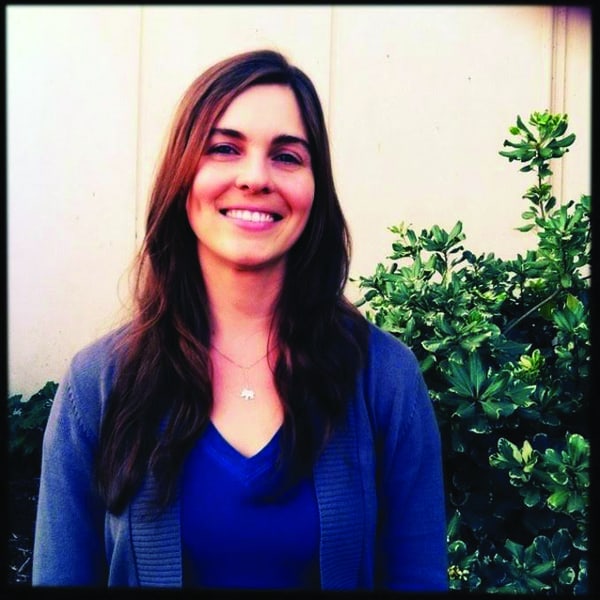NINA COSDON
SPECIAL TO THE DENISONIAN
Dr. Martha Roberts is one of Denison’s newest professors in the Religion Department, and she couldn’t be more passionate about her subject, saying that, “Studying religion really did change my life.” Roberts decided to choose an American Religions concentration because, “it’s very diverse; every kind of religion is practiced in America! There are many definitions of what American Religion is, so it was a field that left everything wide open for research.
This semester, Roberts is teaching several courses on very diverse religious topics, such as Immigration and Religion in the US, Food and Spirituality, Religion and Race, Religious Pluralism and American Identity and many more. She taught her first class, World Religions, in 2005 as a college instructor at Missouri State University. Roberts says, “Once I began teaching, I wanted to keep doing it. I’ve always seen my teaching and my research as intimately connected parts of my work.”
Roberts strongly encourages others to study religion as well, for she believes “studying religion is a great way to better understand the world around you. Religion is not simply a matter of personal beliefs and practices, but it also shapes our culture, politics, and identity.” Roberts has found that students often have misconceptions about religious studies, such as, “You must be religious to study religion. That is not the case at all.”
She adds that another misconception is “that religion classes will be like Bible study. Not true. Our course topics on Bible, Gender and Sexuality, Christian Social Ethics, Liberation Theology and more are social-historical studies that contextualize the text.”
Additionally, Roberts discusses the many things students can do with a B.A. in religion, other than go into the church.
Denison majors or double-majors have gone on to places like the Union Theological Seminary, but many others are financial analysts, artists, teachers or music industry managers. She emphasized that “Knowing about culture and religion will benefit you, and that’s the liberal arts: you must dip into other fields to be well-round- ed. Studying religion is not simply learning about traditions, it is learn- ing how to describe, compare, and analyze…a degree in Religion will take you wherever you want to go.”
Roberts knows that misunderstandings about religion exist on a greater scale as well, stating that “controversies are visible throughout history. In the US, tolerance has increased a lot over the past few centuries. However, that does not mean that all religious groups are treated equally.” Recently, it has been clear that religious intolerance is not a thing of the past, as evidenced by Trump’s executive order some were calling a “Muslim ban,” and the chants of “Jews will not replace us” at the white supremacist rally in Charlottesville.
“Religious differences are a part of this that you can’t ignore, but it’s not all about religion; there are ethnic tensions and biases as well,” Roberts
says. “When Muslims (or Jews, or any other group) are classified as a threat to the country, an entire group of people is whittled down to one identity. This kind of essentializing of religious identity is exactly what scholars of religion try to challenge. Religious freedom is not a static or universal concept, and America is still working to solve these problems.”

